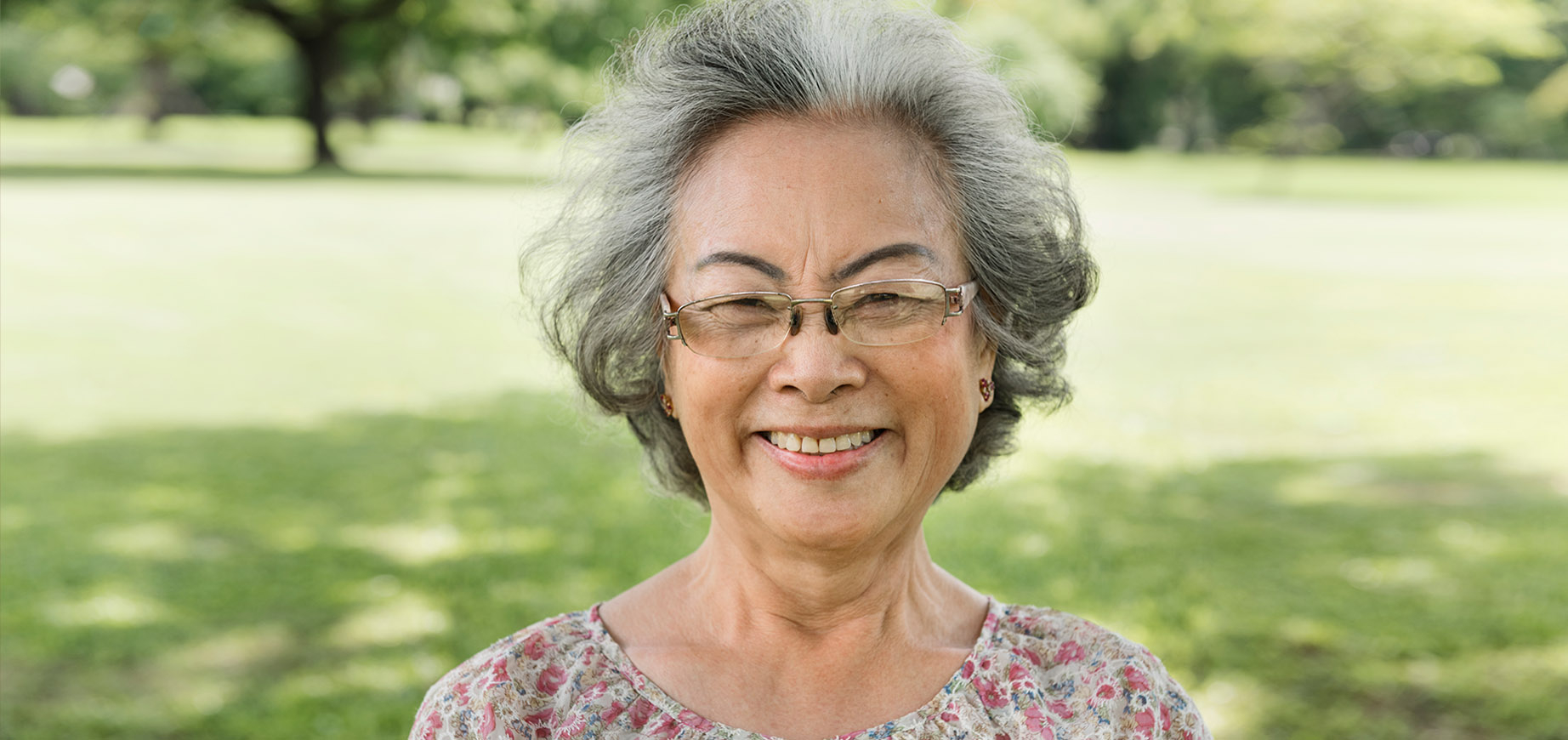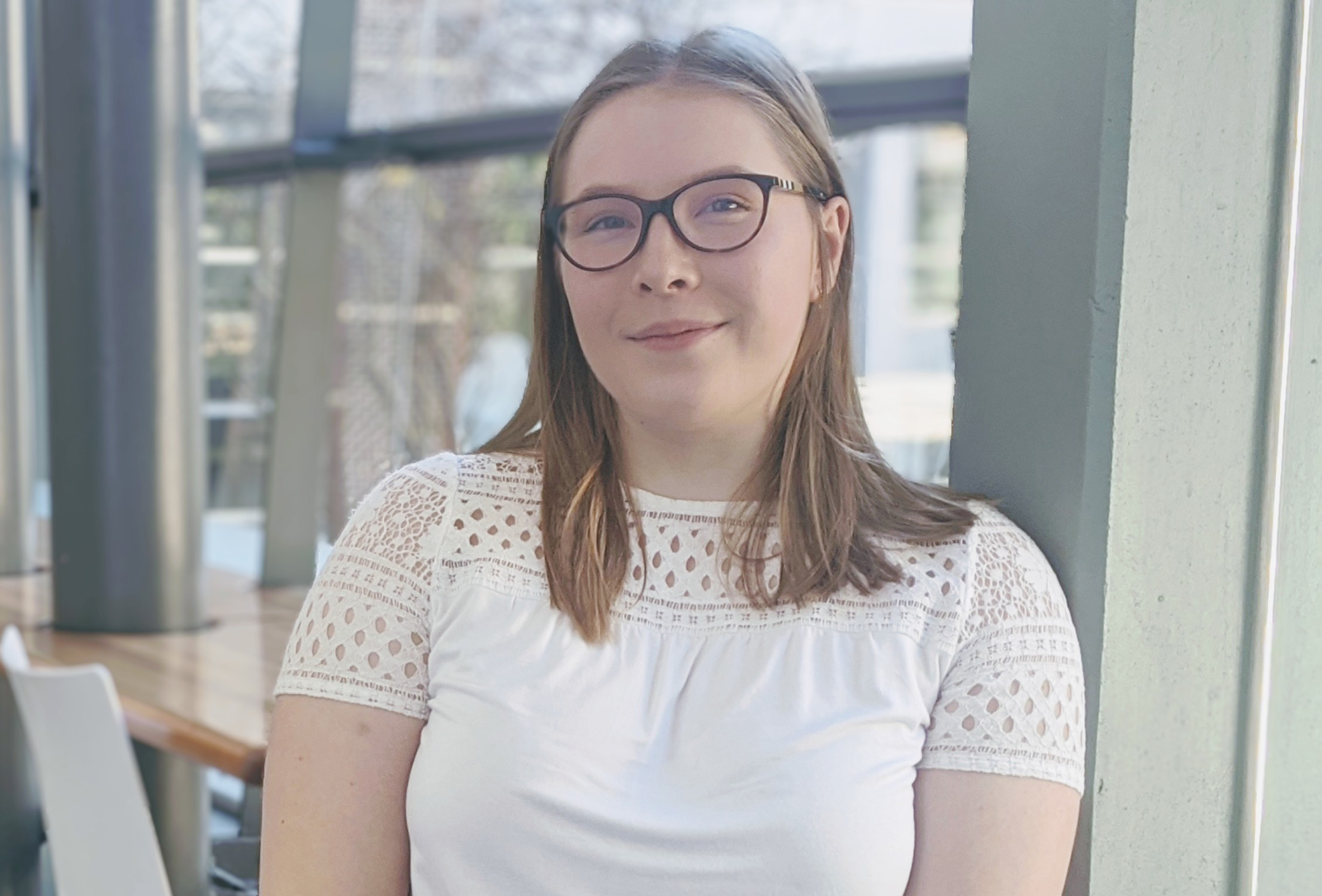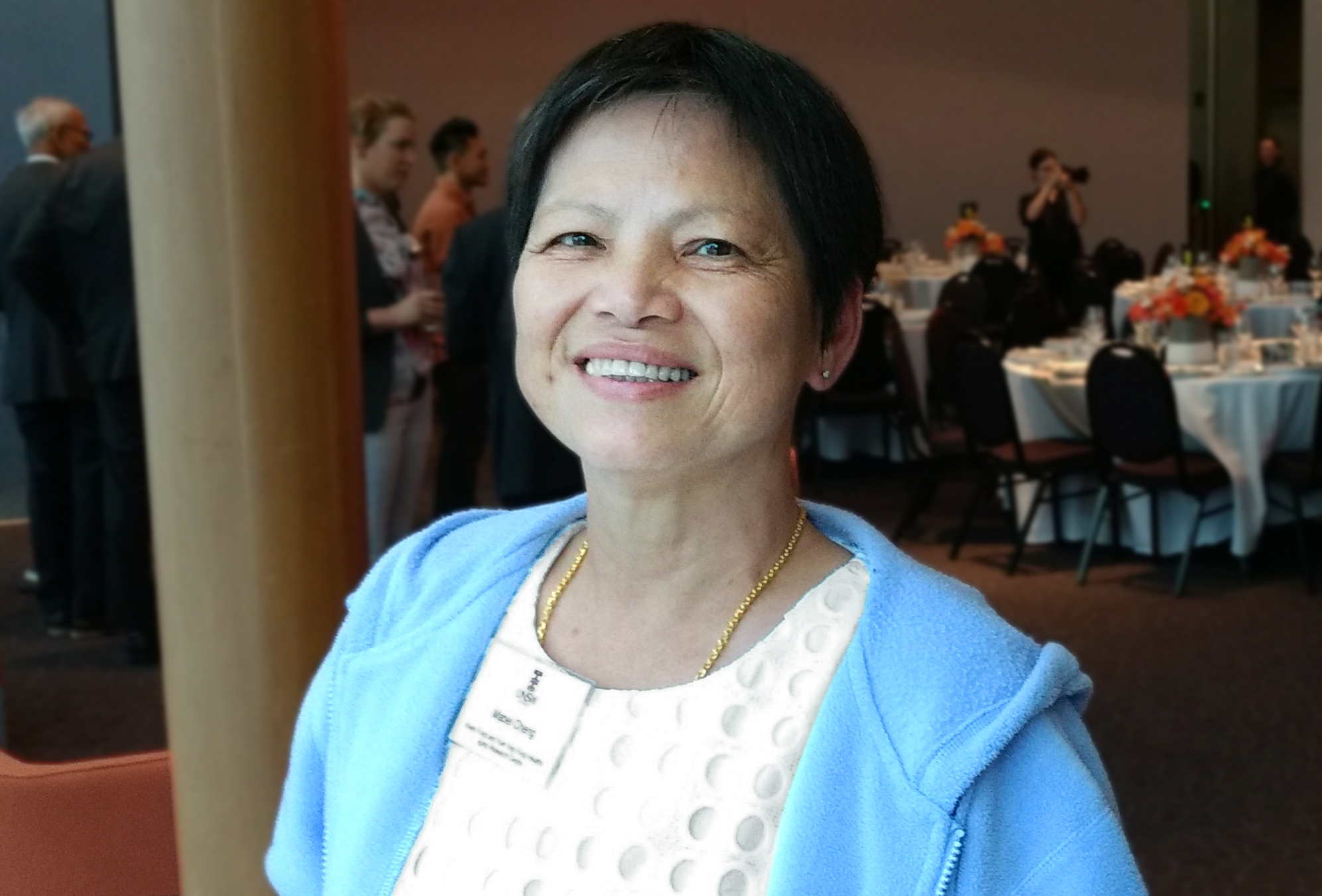15 Aug 2022

ZARA PAGE z.page@student.unsw.edu.au & HEIDI DOUGLASS h.douglass@unsw.edu.au
Australia is home to one of the most multicultural societies in the world. In fact, older adults from communities with diverse languages, cultural backgrounds and nationalities make up approximately 30% of the Australian population aged 65 years and above but are underrepresented in dementia research.

There are numerous barriers faced by older adults from culturally and linguistically diverse (CALD) backgrounds in relation to accessing dementia diagnosis and care services. Some common barriers for older adults who have difficulty with English language proficiency are the lack of culturally appropriate assessment tools and difficulty gaining access to skilled translators and interpreters. Also, there can be a lack of awareness of services that are available, and other impediments, including attitudes to family and caring responsibilities and cultural behaviours that are not well understood by the non-CALD population.
According to census data, Australians identify with over 270 ancestries and speak over 300 different languages, so to work toward improving dementia care in our society, it is critical that we find the means to include people from all backgrounds in our research. Only by doing so will we improve access to an early diagnosis of dementia using culturally appropriate approaches, for the 30% of older Australians aged 65 years and above that deserve the same provision of care services as people from English speaking backgrounds.
At the Centre for Healthy Brain Ageing (CHeBA), we are taking a lead in making this happen through a study which is collecting information about language and cultural backgrounds via an online survey and using this to investigate how diversity in language and culture influence performance on tests of memory and thinking for older adults from CALD backgrounds.

Often, research is conducted separately from the community that it hopes to benefit. Our study, called CogSCAN (Study of Computer-Administered Neuropsychological tests in seniors), hopes to do things differently by inviting CALD volunteers to share their experiences in its Community Working Group. The goal of the group is to work alongside the research team to improve the design and development of the online survey by providing a valuable perspective – that of older adults from diverse language and cultural backgrounds in the community.
One of the Working Group members is Mrs Mabel Cheng, who lost her mother to vascular dementia and her father to Alzheimer’s disease; both in 2014.
Mrs Cheng – originally from Hong Kong and whose first language is Cantonese - says that this type of research will ultimately help people from a CALD background.
“I moved to Australia in 1977 and my experience has shown that CALD communities are often less open to talking about dementia due to language and cultural barriers."
This study will make it easier for people like me from a CALD background to understand their cognition and monitor any decline.
Mrs Mabel Cheng
Mrs Cheng encourages fellow older adult peers from various CALD communities to get involved in this study.
“This research will help people reduce their risk of dementia, seek preventative measures, and for people living with dementia - enjoy a better quality of life.”
CHeBA is seeking CALD volunteers who are aged 60 years or older who speak or read language(s) other than English at a conversational level to participate in an online survey from home OR participate in person at CHeBA, UNSW Sydney, Randwick. For more information and eligibility criteria please contact cogscan@unsw.edu.au.
This study will help us better understand how coming from a culturally and linguistically diverse background influences performance on cognitive tests used to diagnose and monitor dementia for older Australians.
